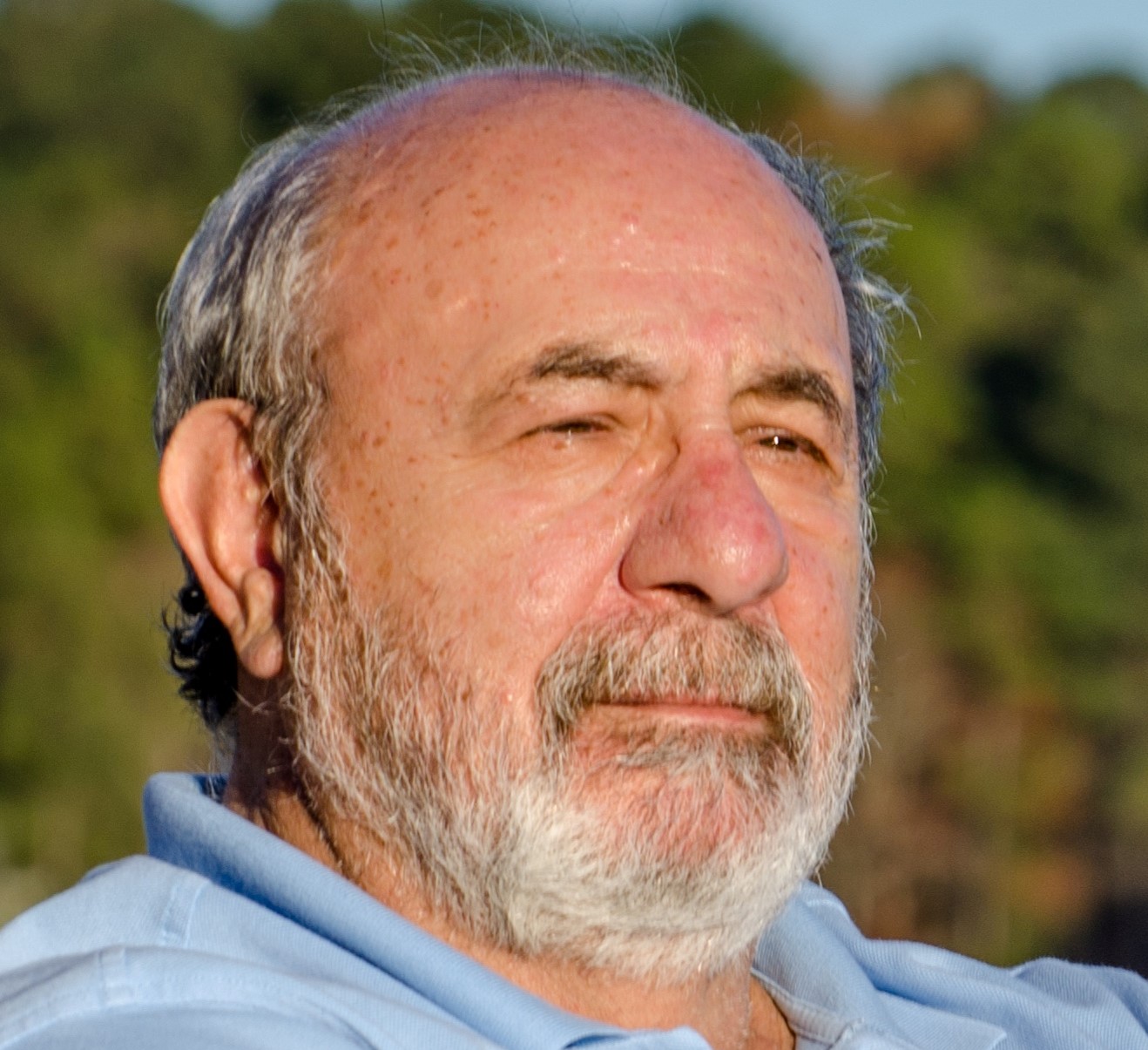
Historic Brigham Young Academy (Now Provo City Library), Provo, Utah
(Image by Ken Lund) Details DMCA
Referring to President Trump in her article in Huffington Po st today, Rebecca Klein wrote, "He did not visit one of the traditional public schools that 90 percent of American students attend. Instead, he spent the afternoon in a private Catholic school that participates in Florida's tax credit scholarship program. That program gives tax breaks to corporations and individuals who donate money to a scholarship granting group. This group, in turn, helps low-income kids attend private schools."
His is an honorable goal, that is, to get those low-income kids away from their neighborhood public schools and into the safe environs of private schools. There they will have effective teachers, ceilings that don't leak, newer books, and get to mingle with kids from wealthy homes and intact families.
I know this will be good because I saw the effects of keeping one of those kids from wealthy homes with intact families in a classroom of kids from low-income families broken by poverty. He's my grandson, and he had to put up with these slow learners and was held back even though he had so much more innate capacity to move much faster.
Or did he? He must have, he's male, and he's white. There's plenty of evidence for this claim. I just read this morning that women are not as smart as men and we've all known for a long time about the superiority of the white race. Everyone wishes they could be us but they can't because God made us in his image and gave us the responsibility to oversee everything. (Don't believe me? Think of all the countries that we've discovered and civilized. Read a little history.)
Anyway, I digress. This is about choice, isn't it? I think our new Secretary of Education, Betsy De Vos clarified this very well when she pointed out that Historically Black Universities and Colleges were the very beginning of choice in education. Some people criticize her because she failed to mention the fact that the blacks who attended had no other choice, but that's not true. They still had the choice of going to school or not. There were plenty of opportunities for finding gainful employment in so many different fields of endeavor.
So, if everything seems so right, what's the big problem? Well, I do have to admit Mr. Trump's approach, which is very consistent with the Republican party he belongs to (kind of) does miss a few important variables. For instance, why are we adding another layer of education on top of the public system rather than fixing the public system? And then there's the pesky problem of the lack of economic opportunities in those communities with the underperforming schools; the ones where the families broken by poverty barely exist. Not only do they lose hope because of the lack of economic opportunities but they also don't have healthy food choices, effective and accessible health care, decent housing, and safe neighborhoods.
For some curious reason, kids coming from poverty-stricken families in these kinds of neighborhoods don't do well in school no matter how professional the teachers are. It seems to be something to do with being hungry, frightened, and weary from the strains of living in poverty.
So, yes enhance school choice programs and act like this is an effective method for improving educational outcomes in the US, because it will work for a few fortunate children. But the conditions that created the failing educational system we now have will continue.
Finally, to summarize on a positive note. We are masterful at pulling a few drowning people out of the river and ignoring the up-river systems that throw them in. Yes, you read that correctly. We are masterful at both.
Robert De Filippis





